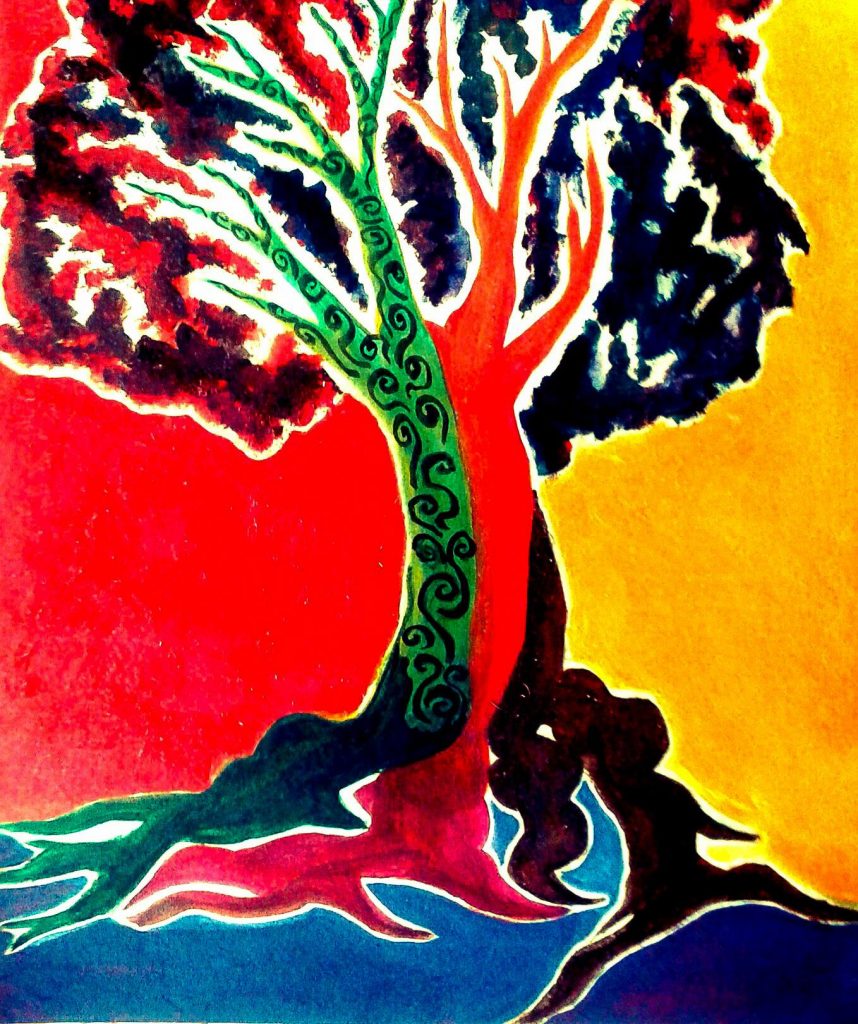On sleepless nights, I take to envying
the Cambridge girl: the embodiment,
with her short, metropolitan hair,
striped blazers and scuffed shoes,
of all things literary
which I am not.
She has already made her peace
with the language that soothes me
but cannot sate me, buried
her shameful roots in Austen and
Keats while mine rear lustily
through each letter I write,
for I cannot twist my words
until my will has nothing more to say.
She and her studies flaunt
their joy like a ring,
she as happy in her books
as they are to have discovered
a new mistress, a rising talent
come to lift them from obscurity;
but I do not trust so openly
what I read or what I leave
in my wake, its power too great
to reckon with or claim as my own.
Alex Walsh studies Math and Literary Arts at Brown University. Her work has previously appeared in Coldnoon, Eunoia Review, Journal of Humanistic Mathematics, and Catalyst, among others.
